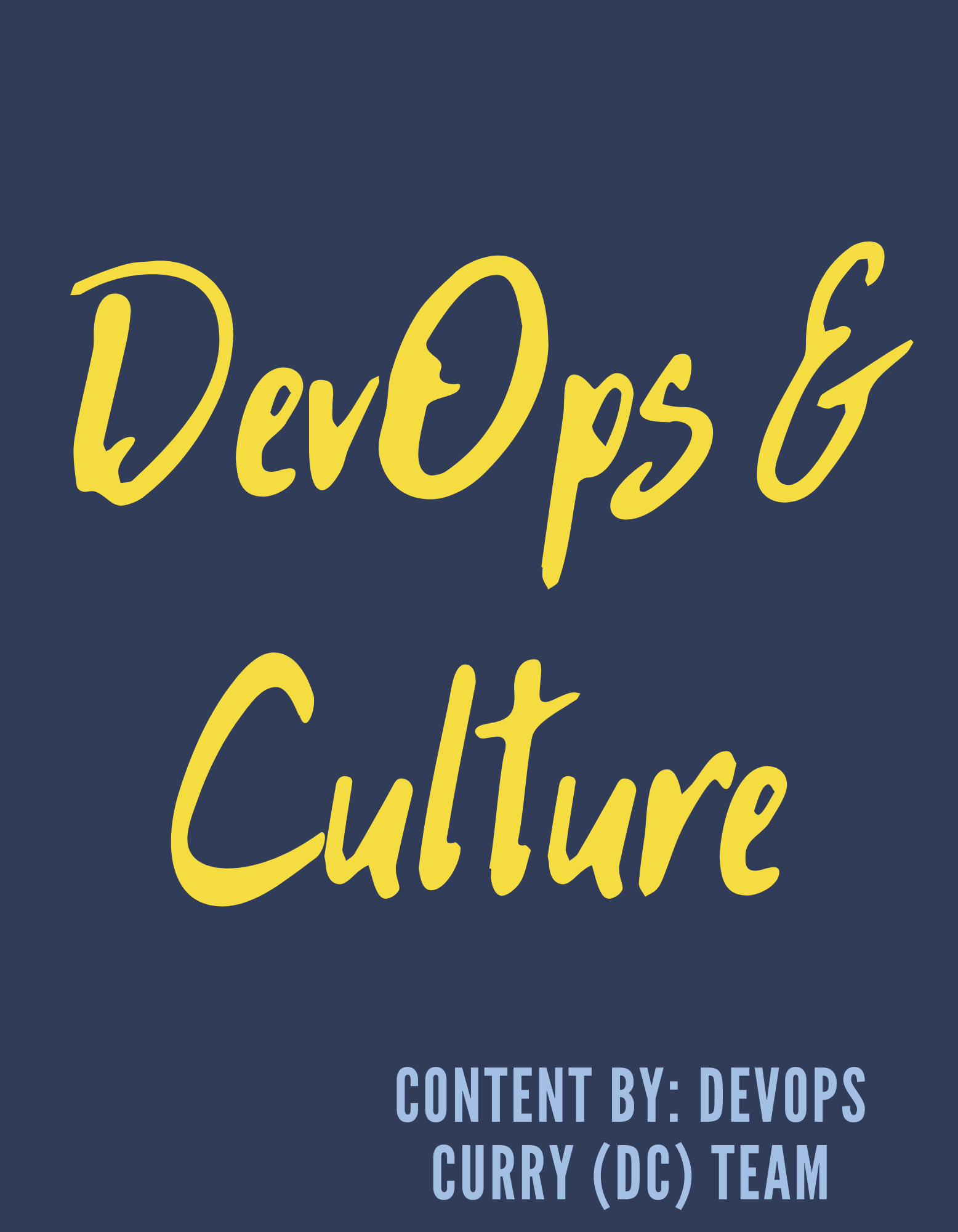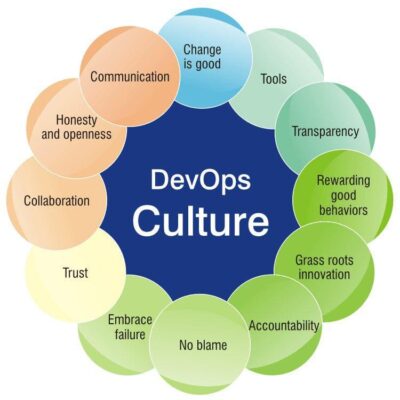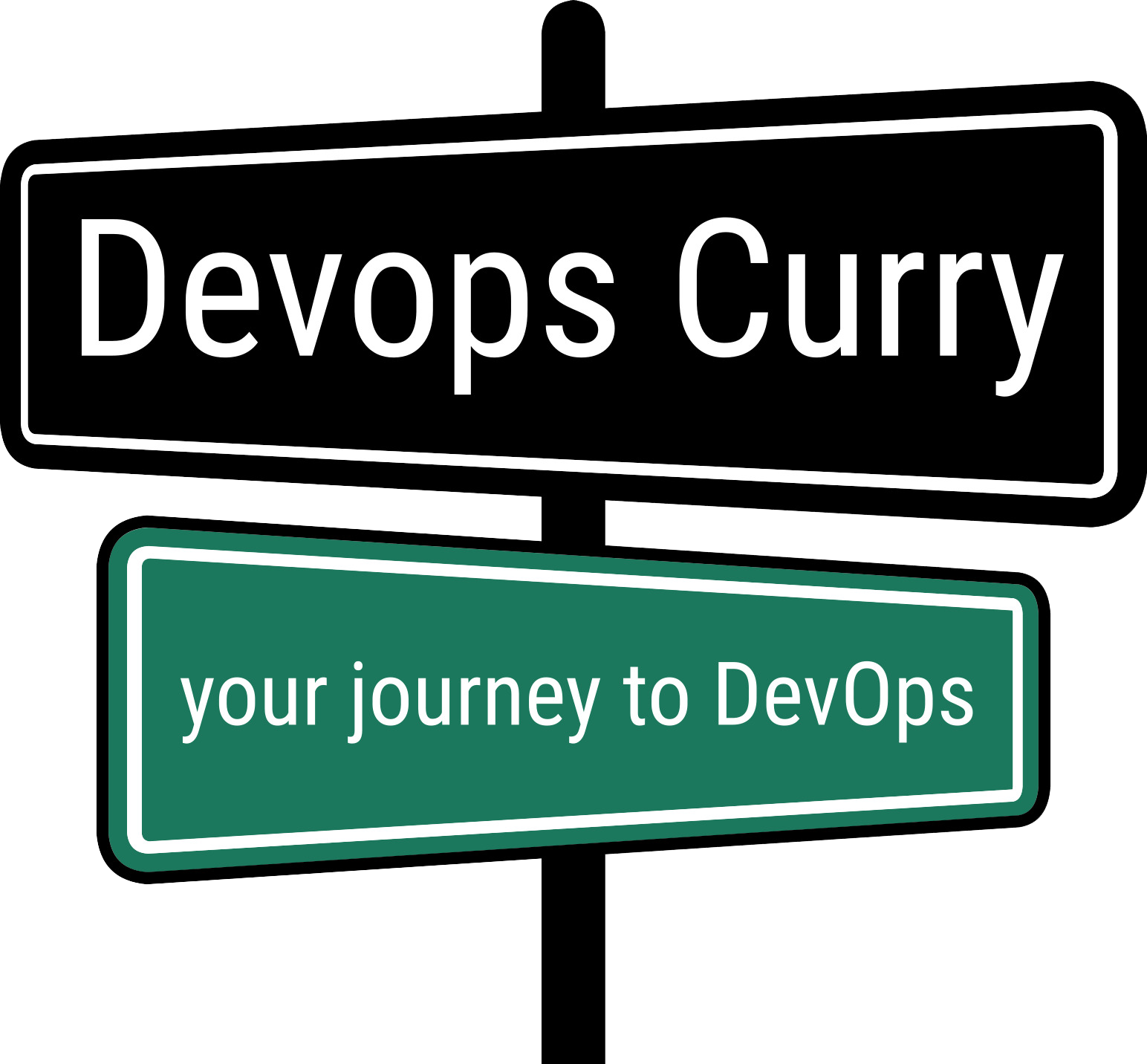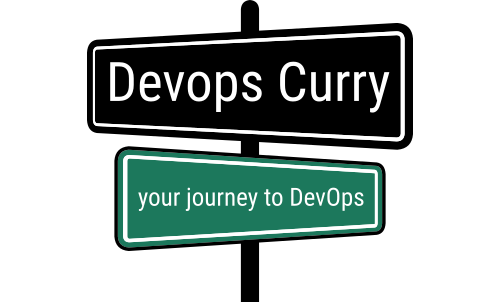
Complete Guide On Building A DevOps & Culture
Table of Contents
DevOps Culture In 2024
DevOps & Culture; As already discussed many times in our previous blog that what is DevOps https://devopscurry.com/top-trending-best-6-devops-trends-in-2024/
Now, Here we will discuss DevOps Culture but first we will discuss DevOps here as well.
What is DevOps?
A Process that integrates IT operations, practice, tools, and software development And contributes the outstanding characteristics of software with endless delivery. It characterizes the take on the renewal of programmable infrastructure and expenditure, software development, and industrialization. In a company, it stimulates alliance and transmission.
DevOps have some procedures such as the CI/CD tool (Continuous Integration/ Continuous Delivery) with an intensity of task automation. Microservice, Container, and Executing together with the DevOps methodologies. Though it is clear that it has some methodologies, it is not a technology. The two words define DevOps (software development and Operations) and in other words, you can say the assortment of software development and operation is known as DevOps.
It enhances the speed and quality of the application that has been delivered to an enormous extent and that’s why it’s becoming more prominent for the organization. It provides you with faster speed, security for your code, and delivered quickly, these are some of the important features of using DevOps.
What is DevOps Culture?

Image Credit: https://itsvit.com/blog/devops-culture-huge-step-mankind/
DevOps is a combination of Dev (Development) & Ops (Operations), and DevOps culture encourages communication, integration, and collaboration in the software development process between these two terms (Dev & Ops) together called the DevOps team. The main aim of DevOps culture is to enhance the efficiency, dependability, and quickness of delivering software products and services. In other words, it’s a set of practices that bring people together to solve difficulties. It becomes easy in DevOps culture where you can put the code for production.
In other words, we can say it’s a collective, agile, iterative technique for software development and IT operations, which purpose is to break down the conventional obstacles between these two teams (development and operations). Enhancing the culture of DevOps means they are growing several teams that adopt the duty of the product lifecycle.
Benefit Of DevOps Culture
There are some important elements & practices of DevOps culture as follows:
- Collaboration: It facilitates reciprocal understanding to break down silos between the operation and development teams and motivates collaboration among all stakeholders that consist of the lifecycle of software development.
- Automation: Automation tools help decrease human errors as they streamline continuous tasks such as monitoring, testing, and deployment.
- Feedback loops: Feedback loops are important as they gather and work upon the feedback received from monitoring systems, stakeholders, and end-users, helping in solving issues in the development process.
- IaC (Infrastructure as Code): This principle helps regulate infrastructure conditions through code. It also provides version control, consistency, and continuity for infrastructure configuration.
- Latest Tools & Technology: It’s best to invest in the latest tools and technology that help in automation, integration, and collaboration throughout the entire lifecycle of development and operation.
How to build DevOps culture and mindset within the organization?
Building a DevOps culture and mindset within the organization is a long-term process that consists of many elements of the organization, such as people, technology, and processes. There are some steps involved in building a DevOps culture and mindset within the organization as follows:
♦ Educating Process: The organization needs to educate the stakeholders, team members, and executives about the benefits and importance of DevOps and how the organization can benefit from it. Embracing the DevOps culture helps improve product delivery, collaboration, and efficiency.
♦ Team Collaboration: It is important and necessary to motivate cross-functional teams that consist of people from other departments such as operations, development, security, etc. These teams have to work together for the best results.
♦ Automation: As we already know the benefits of automation, it helps decrease human mistakes. So, automating everything possible is beneficial to build DevOps culture and mindset in the organization.
♦ Stimulate CI/CD (Continuous Integration/Continuous Delivery): Executing CI/CD pipelines helps in regular and dependable code deployments, ensuring that changes in code are tested automatically and delivered quickly to production.
♦ Execute Agile Practices: Agile practices help focus on providing importance to customers and promote continuous feedback and iterative development.
Conclusion


